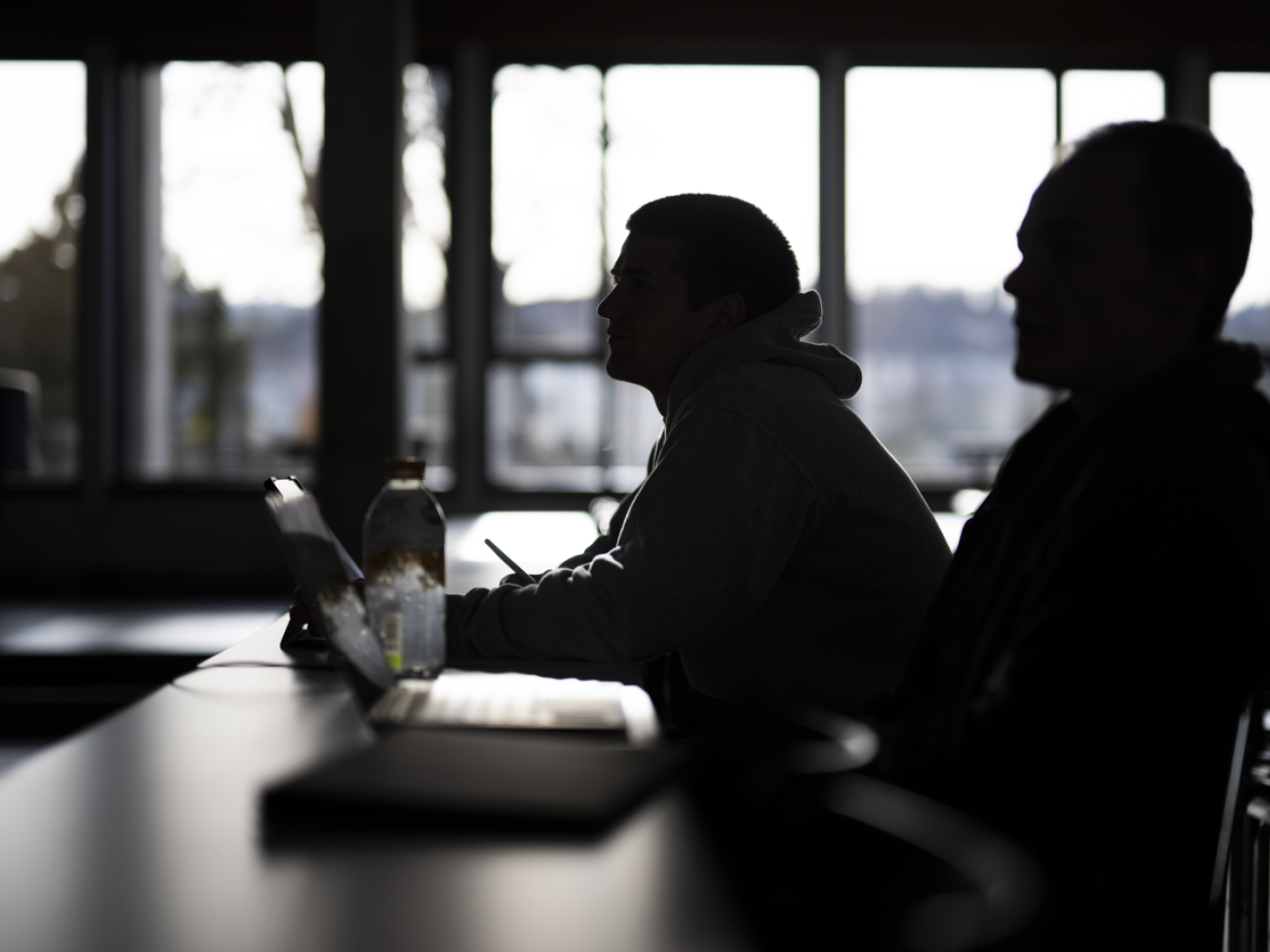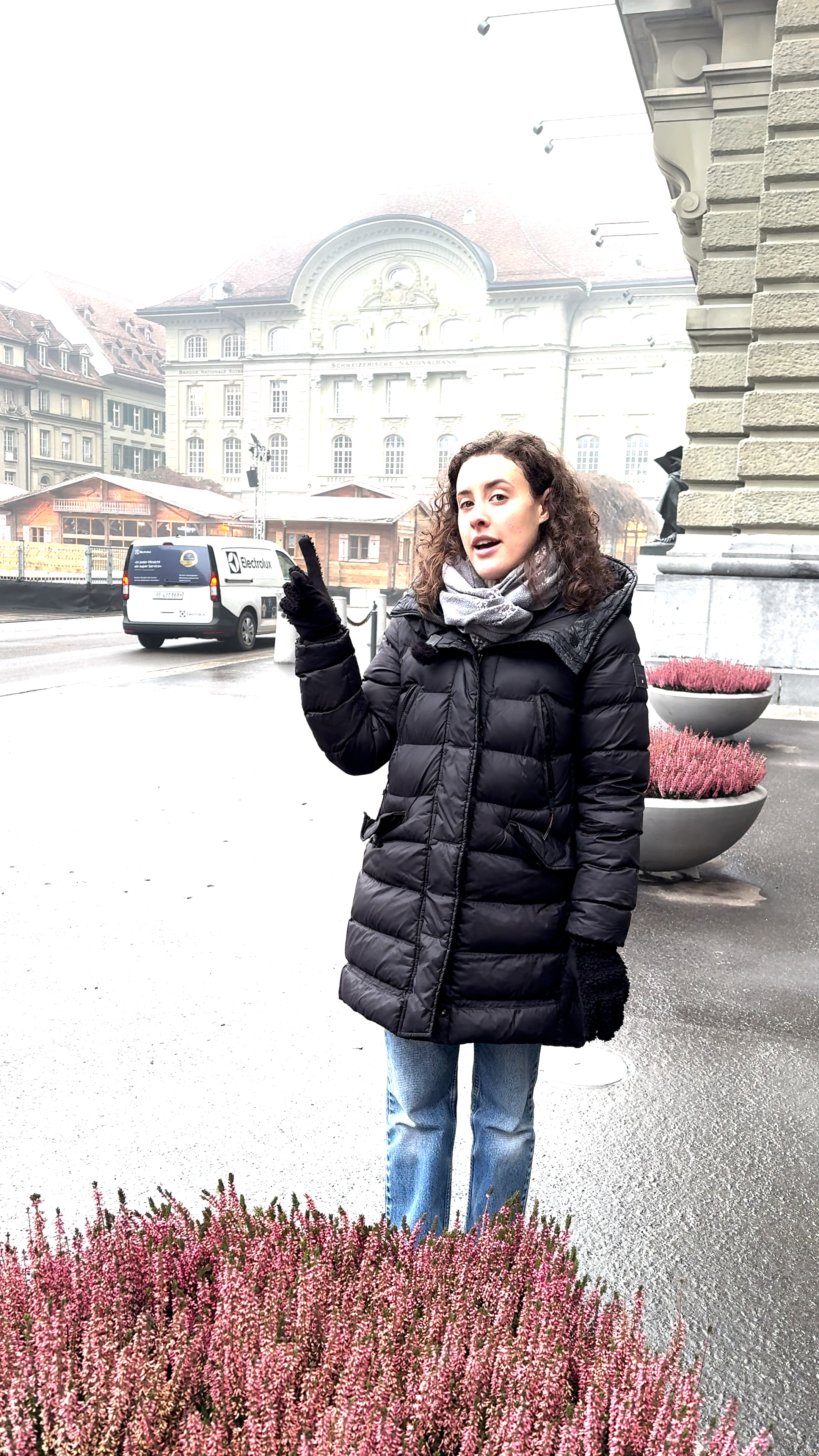
Swiss perception of immigrants ‘outdated’

The typical immigrant to Switzerland is young, well-educated and from a neighbouring country, according to a new study.
+Get the most important news from Switzerland in your inbox
A research team from the Swiss Federal Institute of Technology in Lausanne (EPFL) and the University of Geneva wanted to draw a comprehensive portrait of international migration from 1966 to the present day with this study.
+ The changing face of Swiss immigration
The researchers analysed data sets containing millions of entries from censuses, population registers and Switzerland’s central migration information system. The study was published in the journal International Migration.
+ Meet the foreigners living in Switzerland
The public perception of immigrants is characterised by the image of the 1990s, when numerous, predominantly Muslim asylum seekers came to Switzerland from the Balkans – with the intention of staying permanently.
This image no longer corresponds to reality today. “Most immigrants come here to do an apprenticeship or take advantage of a career opportunity, but half leave the country after five to ten years, often with a young family,” explains Mathias Lerch from EPFL, lead author of the study.
Recruitment potential
The study shows that around 60% of people with a B or C permit have a university degree. The remaining 40% have an intermediate or lower level of education and work primarily in the service sector – for example in the healthcare, catering or construction sectors.
“If Switzerland wants to ensure steady economic growth in the future, it needs to tap into new recruitment potential,” said Lerch. For example, the number of people graduating from university in Switzerland is not enough to fully cover the shortage of skilled labour.
At the same time, the demand for labour in the service sector is growing.
Translated from German by DeepL/mga
We select the most relevant news for an international audience and use automatic translation tools to translate them into English. A journalist then reviews the translation for clarity and accuracy before publication.
Providing you with automatically translated news gives us the time to write more in-depth articles. The news stories we select have been written and carefully fact-checked by an external editorial team from news agencies such as Bloomberg or Keystone.
If you have any questions about how we work, write to us at english@swissinfo.ch

In compliance with the JTI standards
More: SWI swissinfo.ch certified by the Journalism Trust Initiative






























You can find an overview of ongoing debates with our journalists here . Please join us!
If you want to start a conversation about a topic raised in this article or want to report factual errors, email us at english@swissinfo.ch.